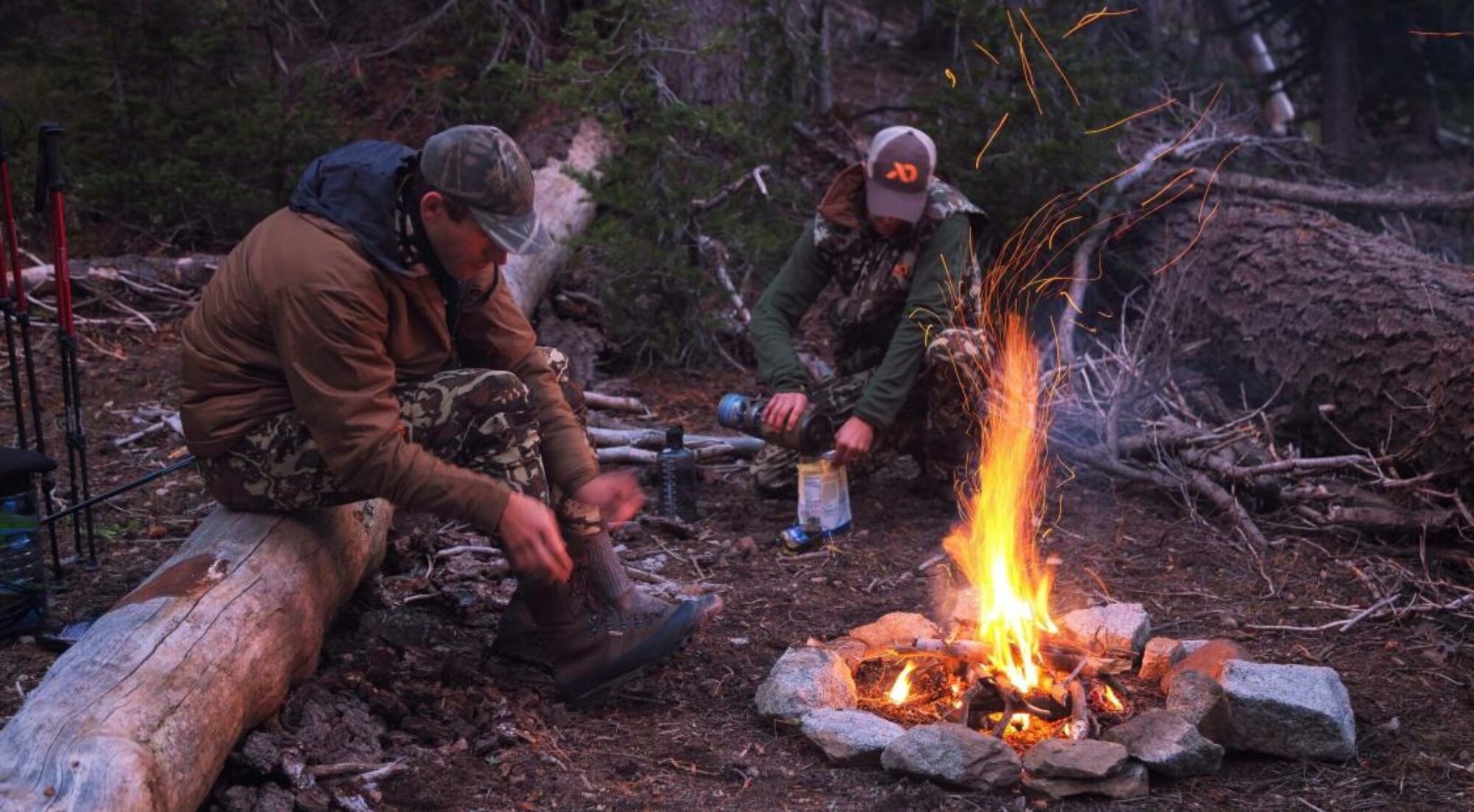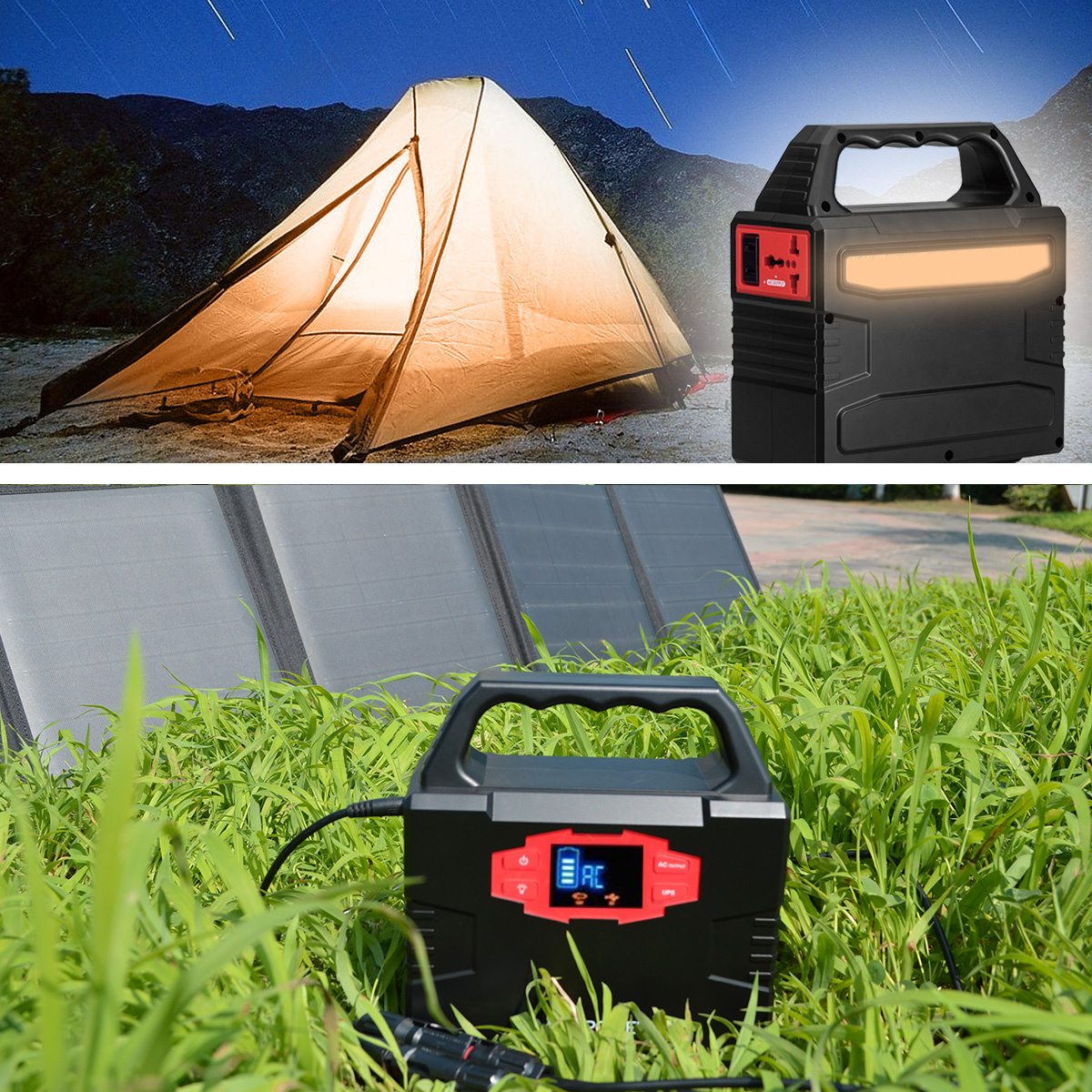The need for disaster preparedness supplies and equipment during a disaster is pretty important and you definitely don’t want to get caught unaware and unprepared. Being self sufficient is a human trait by itself and pretty much, goes against our pride when we need to ask for help. You can avoid this type of situation when you are already prepared for a disaster before it comes. Being prepared with some emergency disaster preparedness supplies and equipment I have listed below can mean the difference in the severity of your situation during an emergency
Electricity

A generator is usually the first thing that comes to mind. That is a good start but there are other options as well. There are things like solar power banks, solar panels for your home and even portable hand crank generators that are rechargeable by the sun as well.
A lot of power generation devices are going solar because it costs nothing to produce the energy. Wind-up is the old-school method and the one I find the most reliable but requires the most effort to be put in.
These devices can power the important things like your fridge, a couple charging devices, a frying pan and an electric water heater of some sort quite efficiently.
Medicine and First-aid
Diabetes, Epilepsy, Asthma, high blood pressure, and Heart conditions are medical conditions that require medicines. Of course, you will need them in an emergency. Try to have a stock that is sufficient for 30 days for emergency only and replace as they expire. It is highly frowned upon to have huge stockpiles of some of these pharmaceuticals so only have enough for 30 days or the emergency at hand.
A good first-aid kit is a must have. It needs to have gauze and tape as well as bigger band-aids and antiseptic wipes with antibiotic ointment at the very least. Antibiotic pharmaceuticals will not be readily available in an emergency so it will be important to have this kit ready and supplied. Even the smallest cut can turn into something worse if not cleaned properly.
Tools
Things like a flashlight, wind-up radio, axes or cutting tools and even some extra batteries. Wind-up flashlights and radios can still be purchased and are recommended for emergency situations because they require no power source to charge.
You will want a cutting tool of some sort. An axe, hatchet or maybe a saw to cut wood and build a fire in your fireplace to keep warm if needed or even for other purposes.
Respirators

If your in the unlucky event of a volcano or if the air suddenly turns deadly you definitely don’t want to breathe the air. Contaminants in the air make it hard to breathe of course and can cause all sorts of respiratory complications, which can be deadly to some people.
Having a respirator with, at the very least, a particulate filter will keep you from breathing in things like smoke and larger particles. Vapor and charcoal filters will do a better job and will sometimes filter out everything except the necessities leaving you with pretty clean air.
In order for the respirator to work properly you will need the best (air-tight) seal around your face as possible and make sure the seals inside the respirator function properly to let air in and send air out.
Wet weather gear
Needless to say being wet is very uncomfortable. Your probably not going to exactly be comfortable in a disaster or emergency but if you can stay dry, do it. Rain gear or water slicking clothes/jacket are important if you want to stay dry. Water proof or even just plain rubber boots will keep your feet dry.
Staying dry can prevent things like hypothermia or trench foot. Hypothermia is dangerous and can be deadly while trench foot is just very unpleasant and may lead to amputation.
In the event
Being prepared the best we can be is all we can do. No one can foresee everything that the universe will throw at us. But surviving is definitely something we as humans do best. The advice and help we can give to each other is at the heart of our species. Disasters happen. Let’s all try to be as prepared as we can and be willing to help our fellow human beings.
You can also check out my Emergency Preparedness Checklist which closely relates to this topic.
If you find my blog to be helpful, have any questions, comments or input of your own, please comment below.
Thanks


